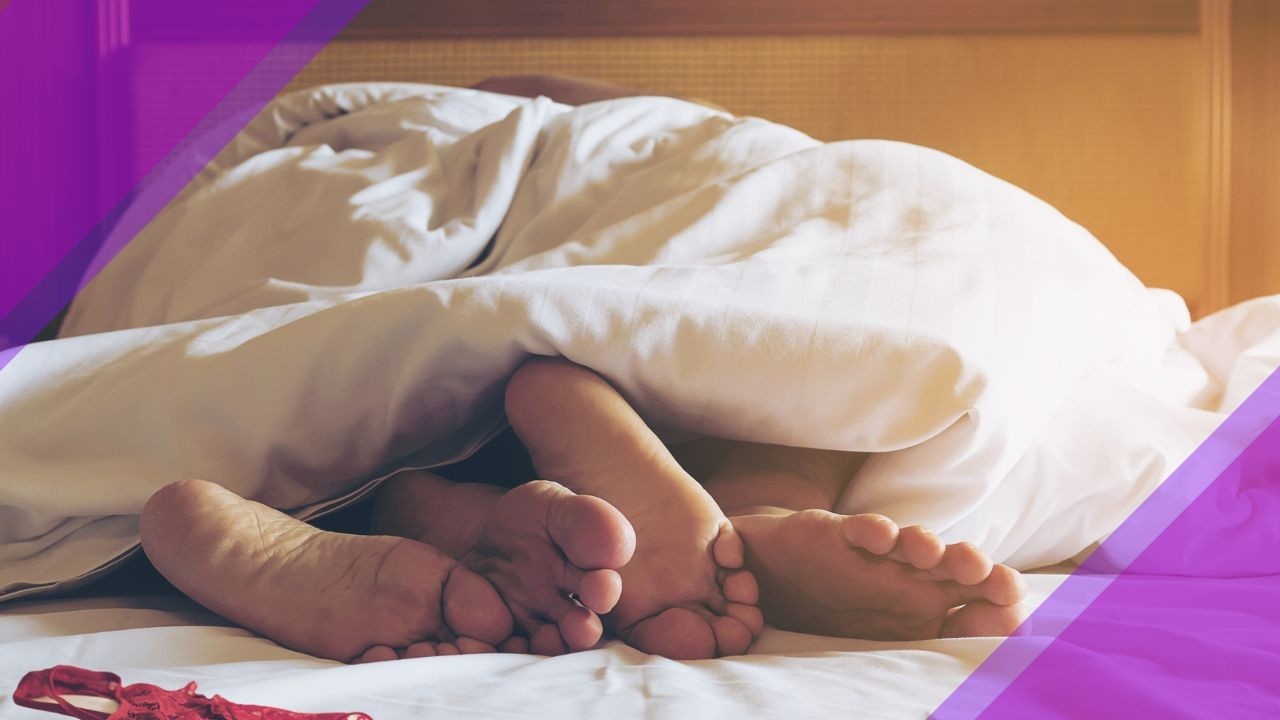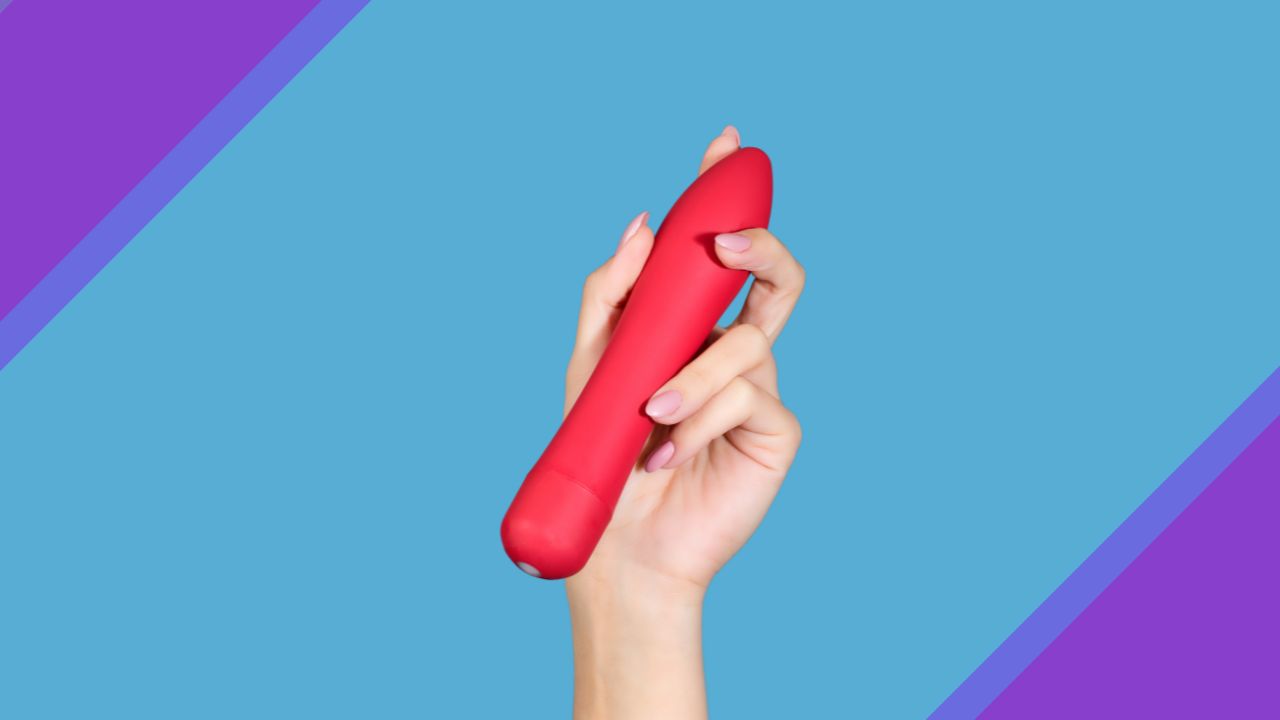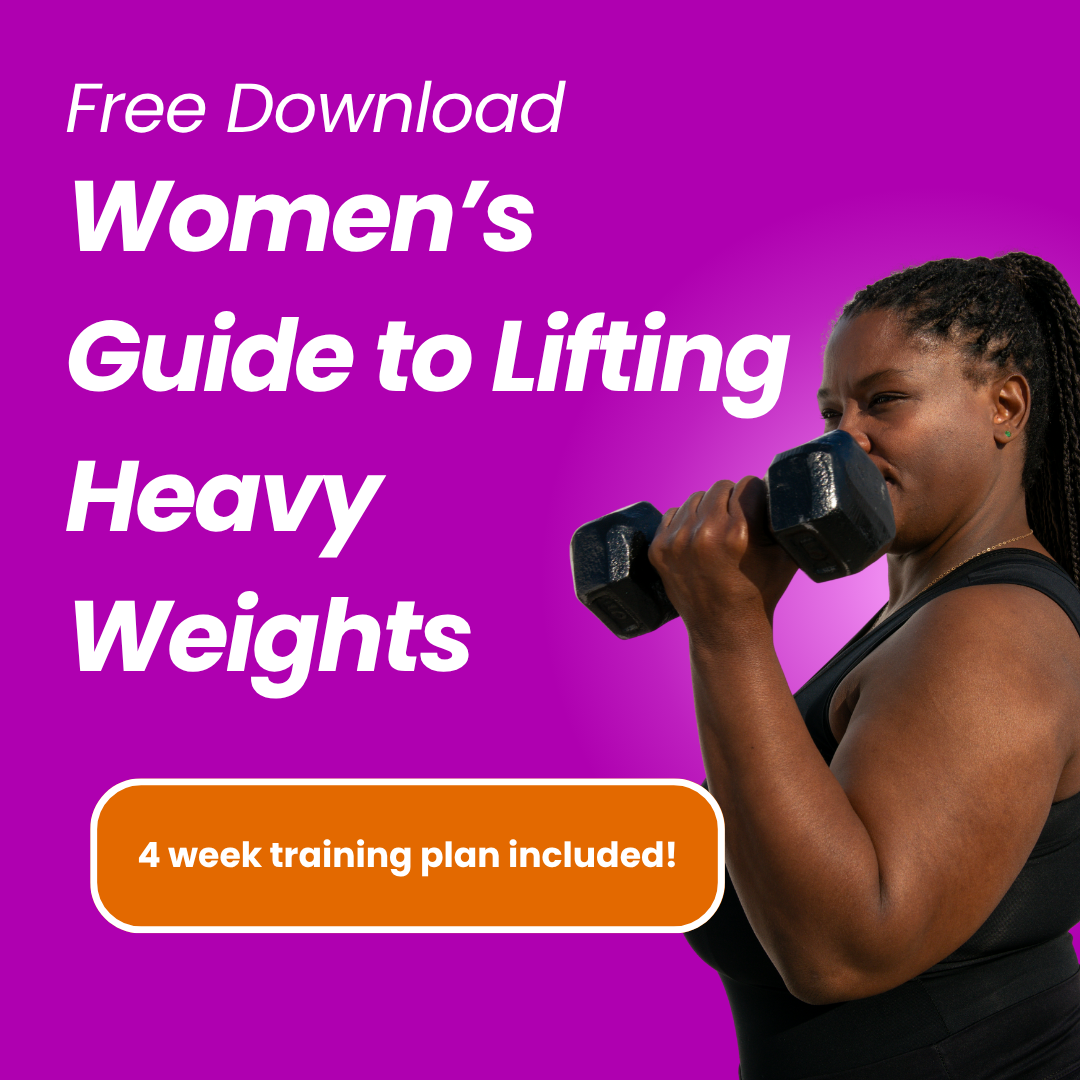
How to Keep Menopause from Erasing Your Orgasm
Jul 25, 2022The big O doesn’t have to go MIA during the menopause transition.
By Selene Yeager
When it comes to sexual satisfaction, the title of an editorial published last month in the journal Menopause says it all (for some women): On no! Where did my “big O” go? Or could severe menopausal symptoms have stolen my orgasm?
The editorial was referring to a study of more than 5,300 sexually active women ages 40 to 59, which found that severe menopause symptoms as rated by the Menopause Rating Scale (MRS) were associated with orgasmic dysfunction, with severe urogenital symptoms, such as dryness and pain, unsurprisingly having the strongest association.
A large nationwide survey on sexuality in midlife echoes these findings, with about a quarter of women ages 57 to 85 reporting they don’t find sex pleasurable. Problems with orgasm were also higher in women ages 45 to 64.
Just as you don’t have to live with painful sex, you also don’t have to live without an orgasm just because you’ve reached menopause. We called on Dr. Lauren Streicher author of Sex Rx Hormones, Health, and Your Best Sex Ever for some Sex Solutions in episode 16 of Hit Play Not Pause. (Dr. Streicher has also launched her own podcast you can find here.)
The Science Behind the Drop in Sensation
The biggest culprit behind your missing O is blood flow, Dr. Streicher told us. “There are a number of things that need to happen to have an orgasm, of course, but the number one thing is blood flow.”
For one, blood flow helps keep the vaginal walls thick, elastic, and moist. It also helps keep your nerves healthy and functional. Estrogen is a vasodilator, so it brings blood flow to all those vessels and nerves. As estrogen declines, blood flow to the pelvis declines leaving behind dryness. The result? Well, you know when you try to slide down a swimming pool slide, but it’s got some dry spots that catch and pull your skin? Yeah. Ouch!
You’ll also have decreased sensation because your nerves — specifically the ones in your clitoris — need circulation to be healthy and functional. “There are 8,000 teeny, teeny, tiny nerves in the clitoris. And these teeny, teeny, tiny nerves are fed by teeny, teeny tiny blood vessels. If those blood vessels get compromised…there’s going to be decreased sensation,” Dr. Streicher says.
Gimme An O!
The good news is there are a number of ways you can get the blood flowing and return lubrication to your vagina and sensation to those critical nerve endings. That way, sex can feel good again (and sex is in itself a good way to get that blood flowing!)
Use Lube
If sex is painful because of a lack of lubrication, your first line of defense is something to make it moist again. If you’re experiencing mild dryness, you may find relief from a lubricant, which is a product that reduces friction, during sex. For the best results, Dr. Streicher recommends silicone-based lubricants like Replens Silky Smooth or SLIQUID Organics Silk. “They last longer and are far more slippery than water-based lubes.” They tend to be higher in price, but they’re worth the money because other, cheaper water-based lubes can actually harm your vagina. Importantly, a lubricant will coat but does not actually change your vaginal tissues. So it is a temporary fix, and won’t be enough for some women.
Ask Your Doctor for Vaginal Hormone Therapy
Local hormone therapy can help relieve vaginal dryness and painful intercourse and help restore your orgasm. Ask your doctor about trying one of the various vaginal estrogen products such as tablets, creams, and/or estrogen-infused rings. Vaginal estrogen therapy is the gold standard of care for genitourinary syndrome of menopause (GSM, which causes pain and dryness).
Insert a Moisturizer
You can use a vaginal moisturizer along with or, if you opt not to go the hormonal route, instead of vaginal hormone therapy. Specially formulated vaginal moisturizers like Bonafide’s Revaree, which contains hyaluronic acid, a molecule that draws moisture into dry, thinning tissues to rejuvenate them, can improve the quality of your vaginal tissue. Dr. Kathleen Connell explained in episode 82 of Hit Play Not Pause that she has clients who will use both, especially if they’re very active. She explains, “Hyaluronic acid is an excellent moisturizer…it’s great to use particularly for a very active population, especially cyclists, who need more external lubrication.” One insert lasts for two to three days.
Apply Extra Stimulation
Sometimes you need a little extra stimulation to induce orgasm. Dr. Streicher recommends that women start with the tried and true — a vibrator. Vibrator use is positively related to several aspects of sexual function, including arousal, lubrication, orgasm, and overall function. The Harvard Health report also cites research showing that when 70 women who were having difficulty reaching orgasm used a vibrator for three months, two thirds of them reported increased sensation, lubrication, and orgasm.

See a Pelvic Floor Specialist
If you have sufficient vaginal moisture and sex is still painful and you also have some incontinence issues, chances are good that your pelvic floor could use some therapy. As Dr. Streicher explains, a pelvic floor specialist will do an internal evaluation of your pelvic floor muscles and then prescribe exercises, just like any physical therapist, to get everything properly toned and firing in the appropriate manner.
Cyclists, Check Your Saddle
Fellow cyclists, please be sure to check your bike and saddle fit. If you are getting pain and numbness while you ride, you are doing damage to those teeny, tiny nerves you need for sexual sensation and orgasm. If you ignore and endure it long enough, it can become permanent and you don’t want that.
Past research out of Yale has shown that about 62 percent of long distance, endurance cyclists had “higher vibratory thresholds,” meaning they needed more stimulation to feel sensation. Importantly, they did not have sexual dysfunction, but over time that could present a problem.
Bike saddles have come a long way and there are many good women’s specific saddles for all shapes, sizes, and riding styles these days. If yours is making you uncomfortable or numb, test out a few others until you find one that supports you without pain.
Treat Underlying Conditions
If you have chronic diseases that affect blood flow and nerve function, such as diabetes and heart disease, work with your doctor to manage them the best you can. It will improve your sexual function as well as your general health. Also if you’re taking medications for existing conditions, talk to your doctor if you’re also experiencing sexual problems. Some of the same medications that can dampen your sex drive also can make orgasm harder to achieve. Common culprits are blood pressure lowering medications, particularly diuretics (“water pills”) and beta blockers, as well as SSRIs. If you’re on those meds and think they’re impeding your sexual health, talk to your doctor.
Get Feisty 40+ in Your Inbox
We hate SPAM. We will never sell your information, for any reason or send you emails that suck!


